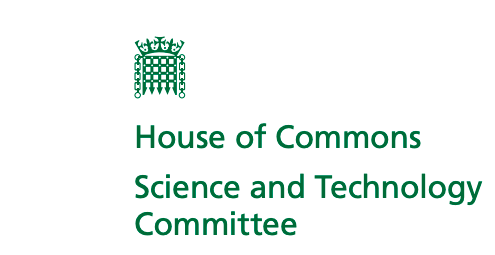
latest
MPs call for openness on government response to COVID pandemic
Cross-party MPs group praises UK scientists for response to COVID pandemic

“SAGE began with too little transparency and has improved by publishing its membership, minutes and papers. Similar openness should apply to new bodies like the Joint Biosecurity Centre" Greg Clark MP, Chair of the Commons Science and Technology Committee
The Commons Science and Technology Committee has published its analysis of the way the Government has received, and applied, scientific evidence and advice during the first phase of the pandemic up to autumn 2020.
The report’s findings are drawn from evidence from leading experts and policy makers taken between March and November 2020.
The report, entitled The UK Response to COVID-19: use of scientific advice, notes that the pandemic has been the greatest test of the way the UK Government takes, and acts on, scientific advice in living memory.
The Committee’s Chair, Greg Clark MP, commented: “We believe that the Government has been serious in its intention to obtain and act on rigorous scientific advice, and that scientists – led by the Chief Scientific Adviser and Chief Medical Officer – have given outstanding service in providing analysis and explaining it to the public.”
But he noted that SAGE (The Scientific Advisory Group for Emergencies) began with too little transparency.
However this has improved since it published its membership, minutes and papers.
Mr Clark urged that similar openness should apply to new bodies like the Joint Biosecurity Centre.
Transparency benefits policy and public confidence
“There is nothing to fear from openness. The more transparent data, analysis and conclusions drawn are, the better it is for policy making and for public confidence”.
He called on the Government to disclose its assessment of the impact of measures it is considering on livelihoods, education and wellbeing, as it now does with epidemiological analysis.
This will be especially important when ministers eventually weigh choices of when it is appropriate to begin to lift the current restrictions.
Further work on test and trace
“In the weeks ahead we will set out further considerations on specific areas including the test and trace system, and vaccine development and roll out,” he added.
“But at this stage we record our gratitude for the dedication of the UK scientists who have helped guide the country through the first stages of the pandemic, and those here and around the world who have provided the means – through vaccines – of giving mass protection from the virus more quickly than in any previous pandemic.”
The Science and Technology Committee will be carrying out further work on the scientific, public policy and administration contributions to the UK’s vaccine response, and to reporting more fully on the test, trace and isolate system and the mass testing programme.
Key findings and recommendations of the report:
- The Government has been serious about taking scientific advice. However the structures for scientific advice in emergencies have been based on shorter-term emergencies, and the Government should consider the “resilience” of such arrangements in longer-term situations.
- An initial lack of transparency about the scientists who served on SAGE and their scientific evidence and advise has been improved, but there needs to be more visibility on the advice given to the Government.
- The outcome during the first wave of the pandemic is not regarded as having been one of the best in the world.
- Measures taken to contain the pandemic have had wide effects on society, including on livelihoods, education and mental wellbeing. The assessment of these impacts remains much less transparent than the epidemiological analysis.
- Trust in science has remained high, but a fully effective response to the pandemic has been hampered by a lack of data. Fragmentation of data has impeded “the agility and precision” of the response.
- The increase in testing capacity was based more on a political target rather than a scientifically-based plan.
A full copy of the report is available here